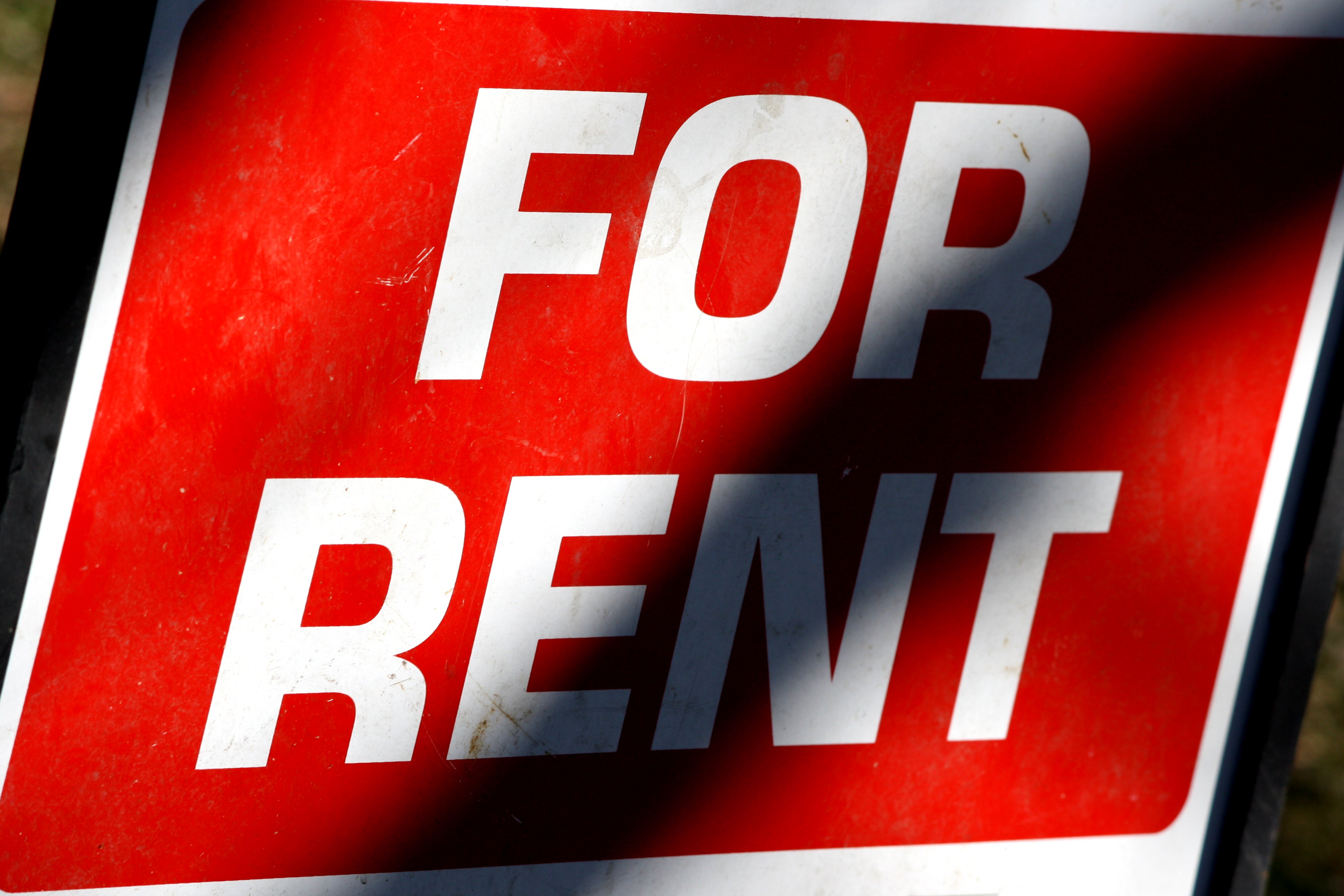Whether a flood is caused by ground water, falling water, or home water system malfunction, there are some best practices you’ll need to employ within the first 24 hours after the flood to ensure the safety of your home and family and give you the best outcome possible with your insurance company.
Photo source: Wikimedia http://bit.ly/2oOCisQ
Safety First
The first step in any major home disaster is to remain safe. You may be forced to leave your home if the flooding is bad enough. Make sure you are also safe when you return to your home to begin dealing with the aftermath. This may include turning off the power, as water and electricity obviously do not mix. Be sure to wear protective clothing–such as rubber boots and gloves. Not only will you be dealing with the water itself, but also whatever else the water has been in contact with, namely debris or even sewage. It is best to protect yourself against whatever harmful chemicals and items the flooding may have washed in.
Be sure to never eat food that has been contaminated by flood waters, or even in close proximity to the water for an extended period of time. If the water was high enough to reach your refrigerator or any of your pantry cabinets, it is safest practice to go ahead and throw the food away and just buy more. Be sure to thoroughly wash any dinnerware, glasses, and flatware that might have been caught in the house flood before you use it again.
Take Pictures
Before you remove any water or make any repairs, fully document the damage for your insurer by taking photos or video. Digital versions are best, because they can be stored electronically and easily copied. If you start removing water or making repairs before you photograph the damage, you could potentially decrease the extent of your coverage, he says.
Drying Out Your Home
Even if you are successful in removing all of the standing water from your home, everything will remain damp and wet, especially if heavy rains have increased the humidity in your area. If you have power, use your air conditioning and portable fans to help dry the wet areas of your home.
Dehumidifiers are also a big help, especially in closed off spaces such as basements or crawl spaces. Dehumidifiers work by removing excess moisture from the air. This is the easiest way to dry out your home and minimize the potential water damage you might be dealing with, as it does not require you to actively clean. However, in the case of a house flood, dehumidifiers are only supplemental, and you are likely to need multiple methods of action. Dehumidifiers are recommended for anyone who lives in a damp climate or an area that experiences longer rainy seasons, as they can prevent some of the problems associated with this type of weather, both for you and your home.
Repairs
The aftermath of a house flood can typically take the longest amount of time. You may have broken windows from the water rushing in, flooring that may need to be replaced and broken possessions in need of repair. After your insurance company pays out for qualified damages, you can hire a contractor if one is needed. Be sure to board up any broken windows and remove any harmful debris from flooded areas.
If you have electronics that were submerged in water or were damaged in the flood, make sure to have them checked out by a professional before plugging them back in to a power source. This includes your television sets, stereos, game consoles, computers, and appliances.
If you are unsure about what your first steps for home repairs should be when your house floods, then hiring a construction company that specializes in flood or natural disaster repairs can be helpful. They can determine if walls need replaced or if your floors have been compromised by the flood waters. A professional construction company can help you safely enjoy your home once again.
 … but don’t give up easily!
… but don’t give up easily! VS
VS 
 Obviously! Any house left empty – for a longer or shorter period of time is more likely to be subject to acts of vandalism or thiefs. Insurance can cover all of these problems that might occur when you are a homeowner or a landlord that has an unoccupied house.
Obviously! Any house left empty – for a longer or shorter period of time is more likely to be subject to acts of vandalism or thiefs. Insurance can cover all of these problems that might occur when you are a homeowner or a landlord that has an unoccupied house.


